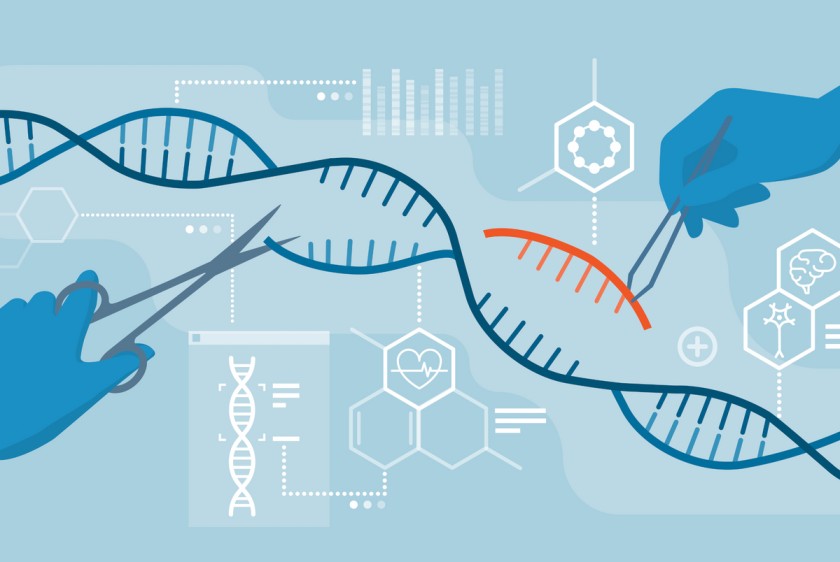Anxiety and depression are among the most common mental health conditions out there; they affect millions of people around the world. Also, anxiety and depression don’t discriminate; they touch people from just about all walks of life. It’s likely that someone close to you has had or is experiencing one of these mental health difficulties. In times like these – when anxiety and depression are so widespread – this statement sounds truer than ever.
Some people have learned to deal with these situations, but others might still look for ways to support their loved ones at difficult times. In this article, we’ll explore practical ways to support a loved one with anxiety or depression and be there for those who need it most, helping them find the will to finish treatment. Keep reading to learn how you can make a big difference.
Defining the terms: anxiety and depression
Anxiety is a normal human experience – until it suddenly isn’t. Feeling anxious before an exam or a big event is completely natural; many people experience what’s often described as butterflies in their stomachs. However, once worry persists for days without a clear reason, it may signal a deeper issue. At this point, anxiety can develop into a disorder, becoming synonymous with a mental health condition. In the same way, we can differentiate between healthy and chronic stress.
Depression, on the other hand, is marked by persistent feelings of sadness, hopelessness, fatigue, and sometimes even suicidal thoughts. It involves a prolonged depressed mood or a loss of interest and pleasure in activities. Depression can harm all aspects of life, including relationships with family, friends, and the larger community, in contrast to normal mood swings or temporary emotions associated with everyday situations. It may also result from or contribute to issues at work or school.
Key facts on the scope of these issues
Statistics can help us understand the full scope of these issues.
Numbers on anxiety (in the US)
According to estimates from the National Institute of Mental Health (NIMH), approximately one-third of the US adult population (31.1%) has experienced some form of anxiety disorder (variants include generalized anxiety disorder or GAD, phobias, PTSD, and so on). In the past year alone, an estimated 19.1% of U.S. adults have dealt with an anxiety disorder.
Numbers on depression (in the US)
The abovementioned authority also provides data on depression in the US: an estimated 21 million adults, or 8.3% of the adult population, have had at least one major depressive episode. Major depressive episodes are more common in adult females (10.3%) compared to males (6.2%); the highest prevalence is found among young adults:18.6% of US residents aged 18-25 have experienced a major depressive episode.
Why are these issues so prevalent?
The state of affairs is alarming for many reasons, and we can identify several additional elements that further complicate the problem, such as the predominance of social media over in-person relationships, an unstable job market, and deteriorating social and familial ties.
Fortunately, many individuals are aware of these issues and are trying to address them in their own unique ways. These people include psychology enthusiasts, healthcare experts, and cautious readers like you. Having stated that, let’s look at how you might help a member of your immediate community who is struggling with anxiety or depression.
How to support a loved one with anxiety or depression
The first thing we’ll focus on is treatment. The sooner a person begins treatment, the more effective it can be.
Help your loved one find the proper treatment
Your loved one with depression or anxiety might struggle to seek out information about diagnosis and treatment on their own. To help, educate yourself about the symptoms of these conditions in advance. Pay close attention and listen carefully to your loved one, as your observations and support can be crucial.
Talk to them and help them understand that their feelings are due to various factors, such as past trauma or chemical imbalances in the brain, rather than being something they brought upon themselves because of guilt or personal failings. Additionally, depression can be treated effectively with a combination of therapy and medication, depending on individual needs. You can also educate yourself and get to know the difference between the programs treatment centers offer, like inpatient, outpatient, and intensive outpatient, and share this information with your loved one. This knowledge can make a significant difference in providing effective and compassionate support.
Offer to schedule their first appointment
Since, as we already said, they may be reluctant to seek help on their own, you can offer to assist them in finding a suitable mental health professional and scheduling their first appointment. This small gesture of support can make a great difference.
Avoid being judgmental; encourage open communication
If they reach out to you with a problem, avoid being judgmental or dismissing their feelings. Blaming them will not help and could make the situation worse. Instead, aim to be part of the solution by encouraging open communication and refraining from judgment. Supporting them through their feelings and treatment for depression or anxiety with empathy and understanding is a powerful way to show your support and something they’ll truly appreciate.
Organize activities you can do together
Invite the person to join you for a walk in the park, a hike in nature, or a bike ride. You might also suggest outdoor activities like visiting a garden or having a picnic. Each option provides a different way to get outside and engage in physical activity, which can be uplifting and beneficial for everyone’s health. However, avoid pressuring them into participating. Offer these activities as gentle suggestions and respect their preferences and comfort levels. Sometimes, the simple act of inviting them to enjoy the outdoors can provide a refreshing change of scenery and a supportive presence.
Conclusion
There are many ways to support a loved one with anxiety or depression, making their journey to and through treatment a bit easier. The most important thing is to show them that you’re there for them, that they’re not alone, and that their condition is treatable. Many people around the world have successfully overcome these challenges with the help of supportive loved ones, and your encouragement can make a significant difference.
References:
https://www.nhs.uk/mental-health/conditions/generalised-anxiety-disorder/overview https://www.nimh.nih.gov/health/statistics/any-anxiety-disorder
https://www.mayoclinic.org/diseases-conditions/depression/in-depth/depression/art-20045943








Leave a Reply
You must be logged in to post a comment.